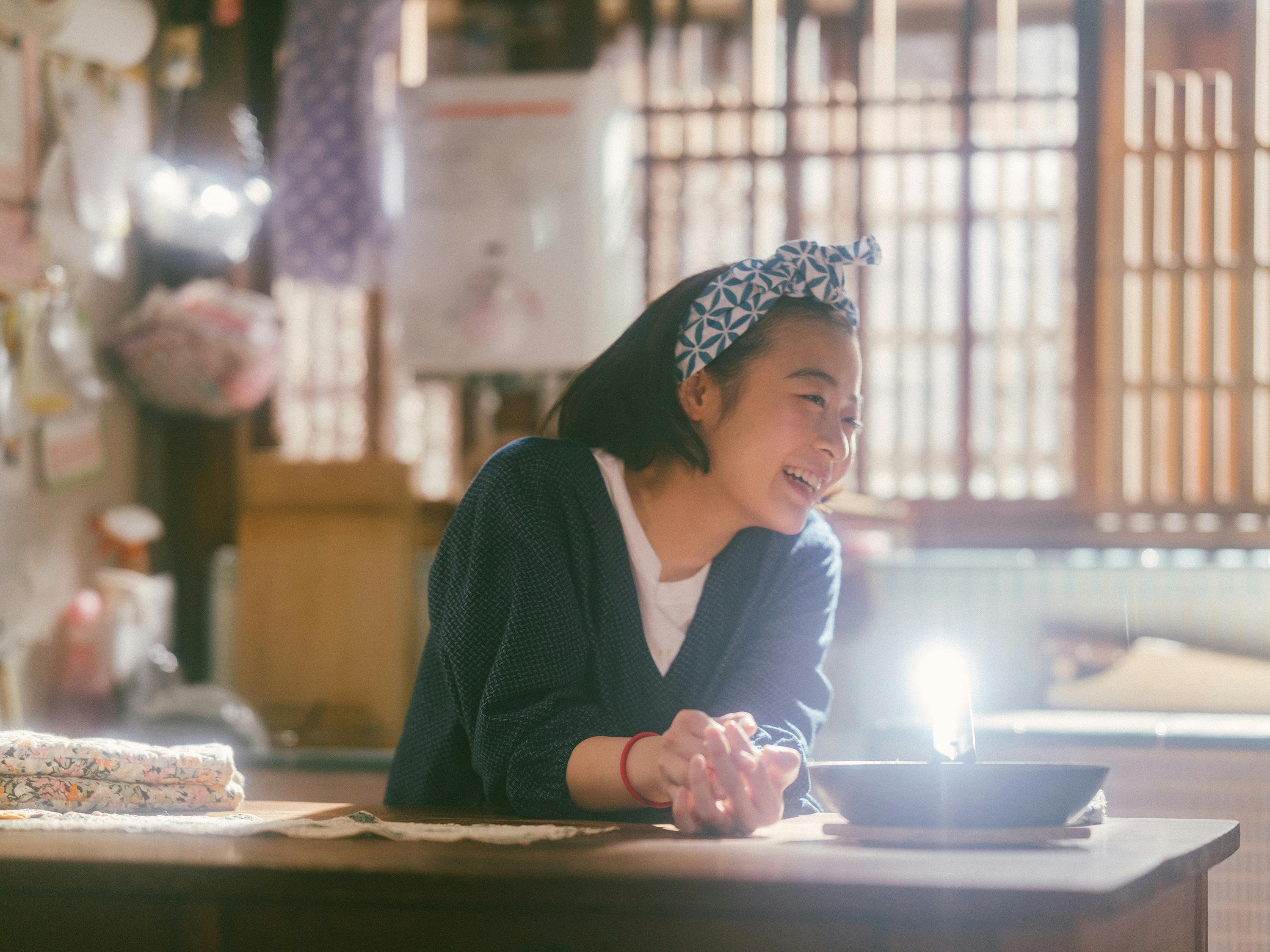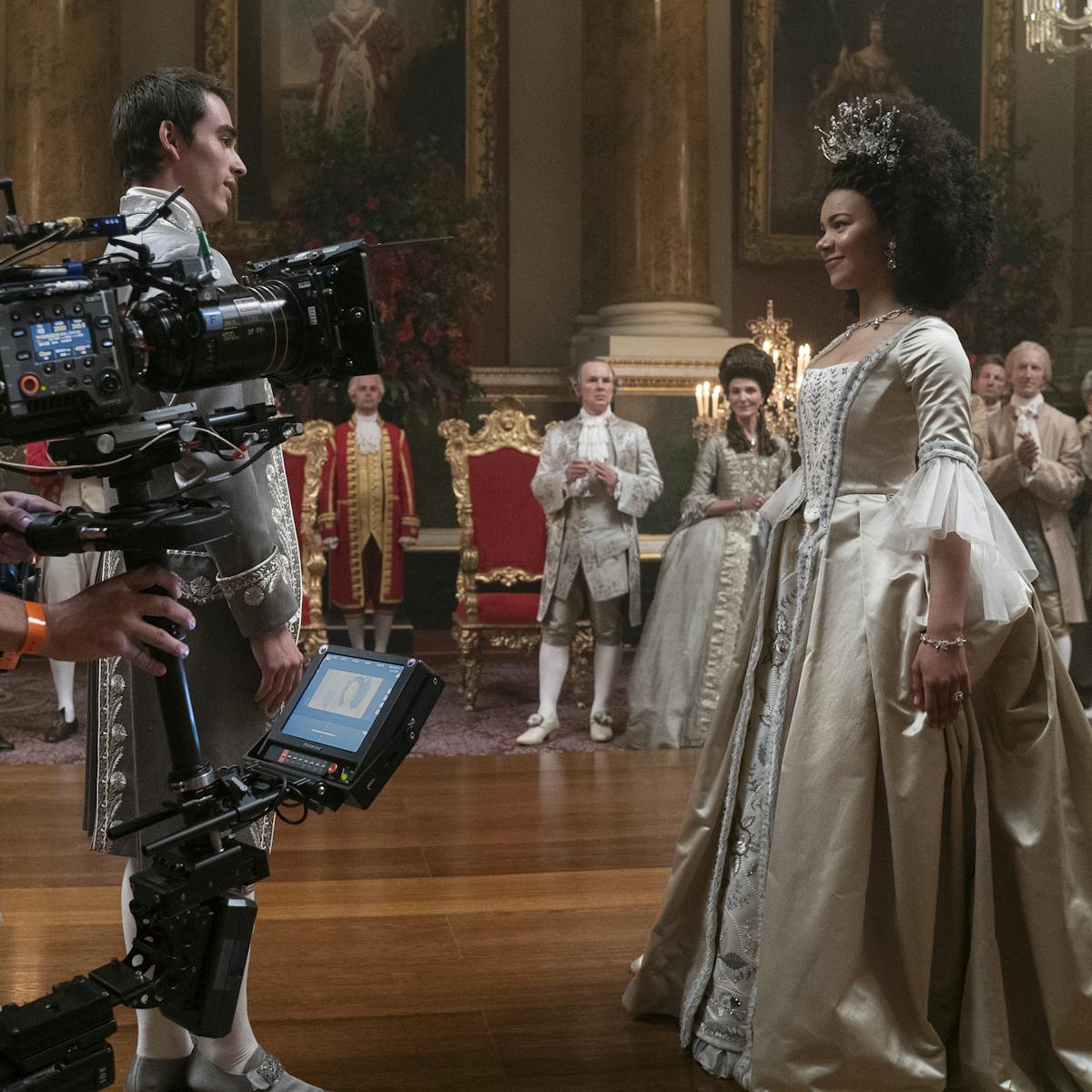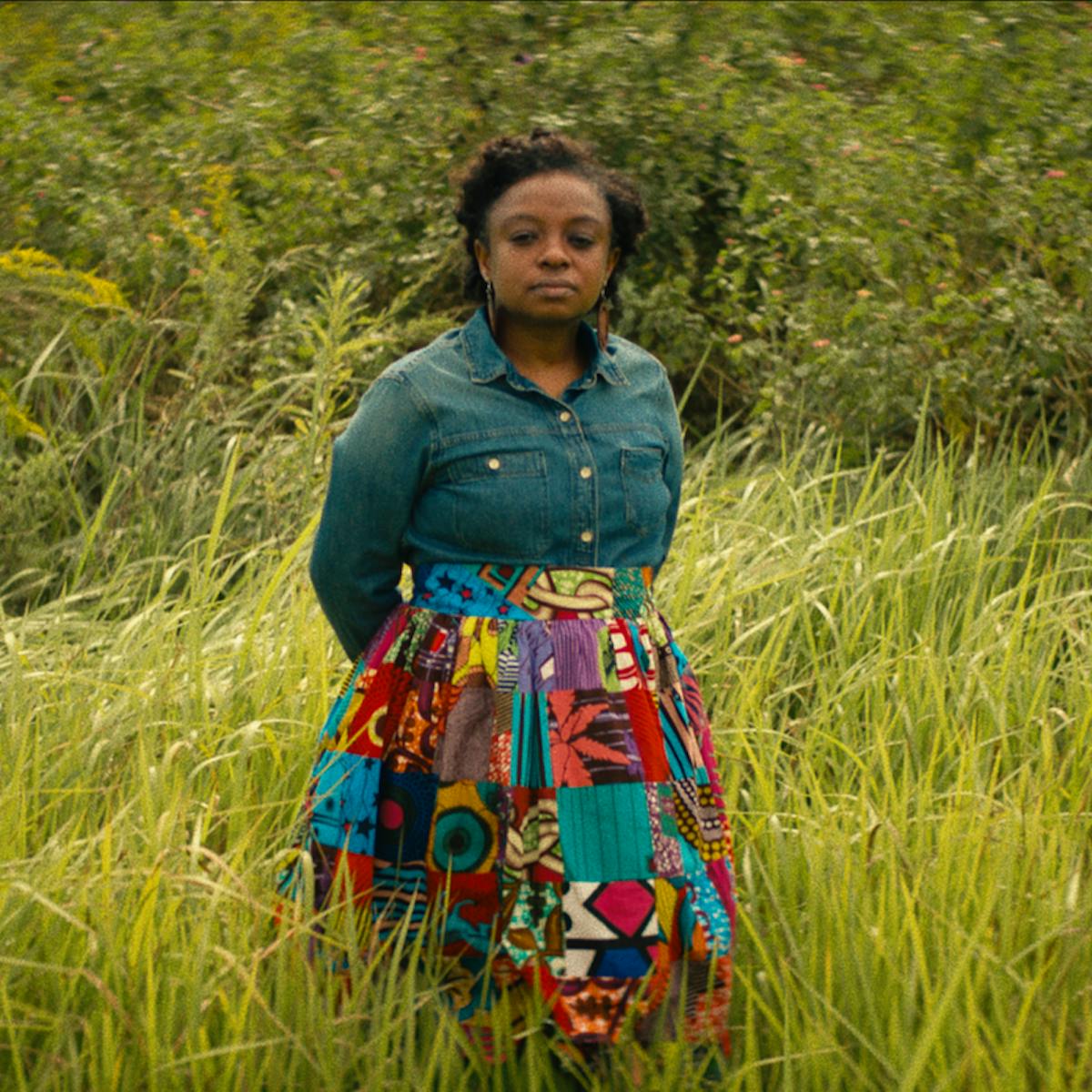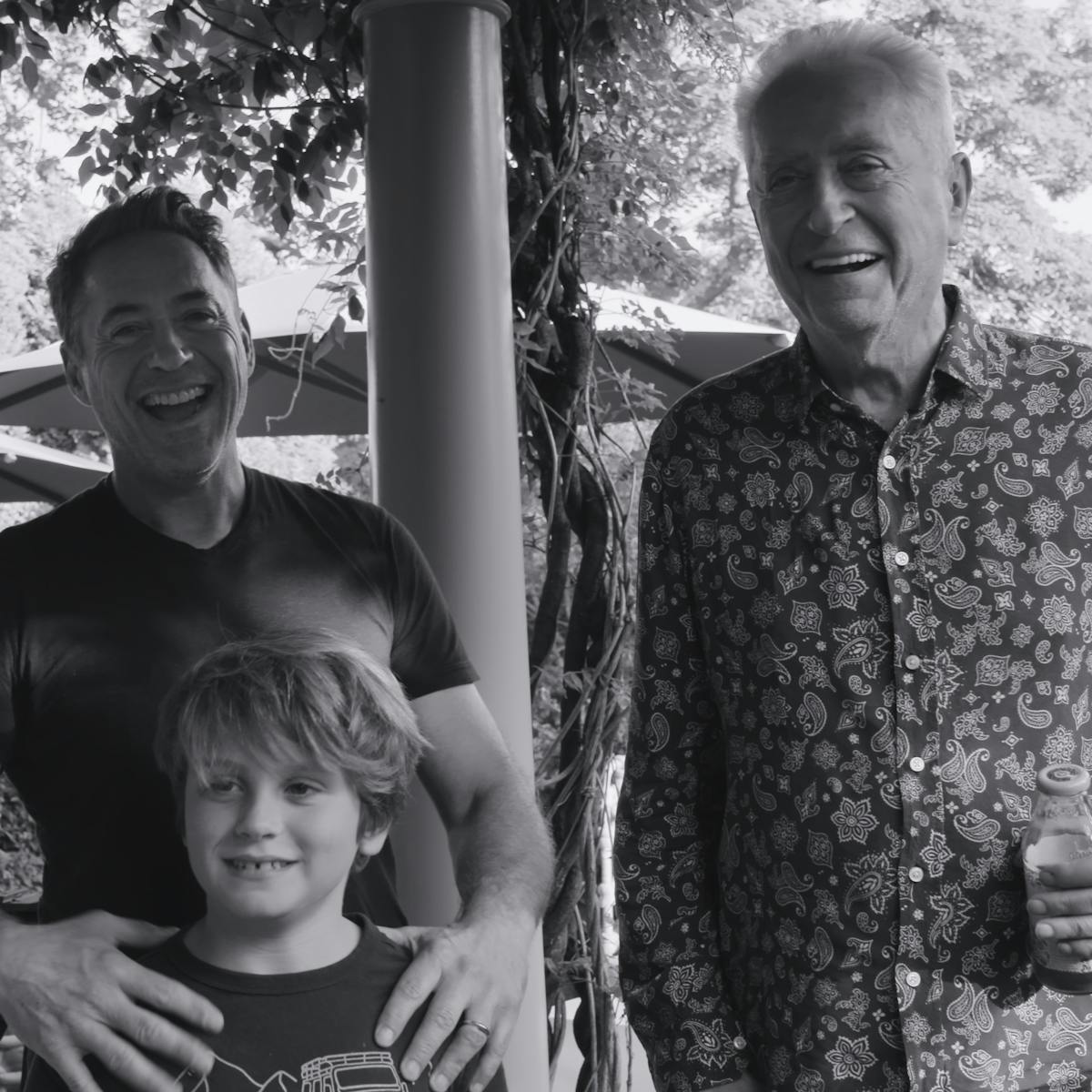In the Japanese series The Makanai: Cooking for the Maiko House, based on the manga comic MAIKO-SAN CHI NO MAKANAI-SAN by Aiko Koyama, best friends Kiyo (Nana Mori) and Sumire (Natsuki Deguchi) move to Kyoto to train as apprentice maiko, entertainers who eventually graduate to the title of geiko. “Maiko” translates to “dancing child” and are usually women when they begin training in traditional arts including dancing, singing, playing instruments. While Sumire proves to be a talented maiko, Kiyo does not take naturally to the art forms, but her culinary gifts and passion make her well-suited to training as a makanai, or the chef for the maiko house. The Makanai: Cooking for the Maiko House follows the pair as they deepen both their friendship and their talents.
Palme d’Or winner Hirokazu Kore-eda (Shoplifters) helms the adaptation as showrunner, director, and writer, bringing the story of Kiyo and Sumire (Natsuki Deguchi) to the screen with vibrancy and elegance to match the art forms the young apprentices are learning. The showrunner joins Mori and Deguchi in a conversation on making The Makanai and what they enjoyed about working together on this delicious story.
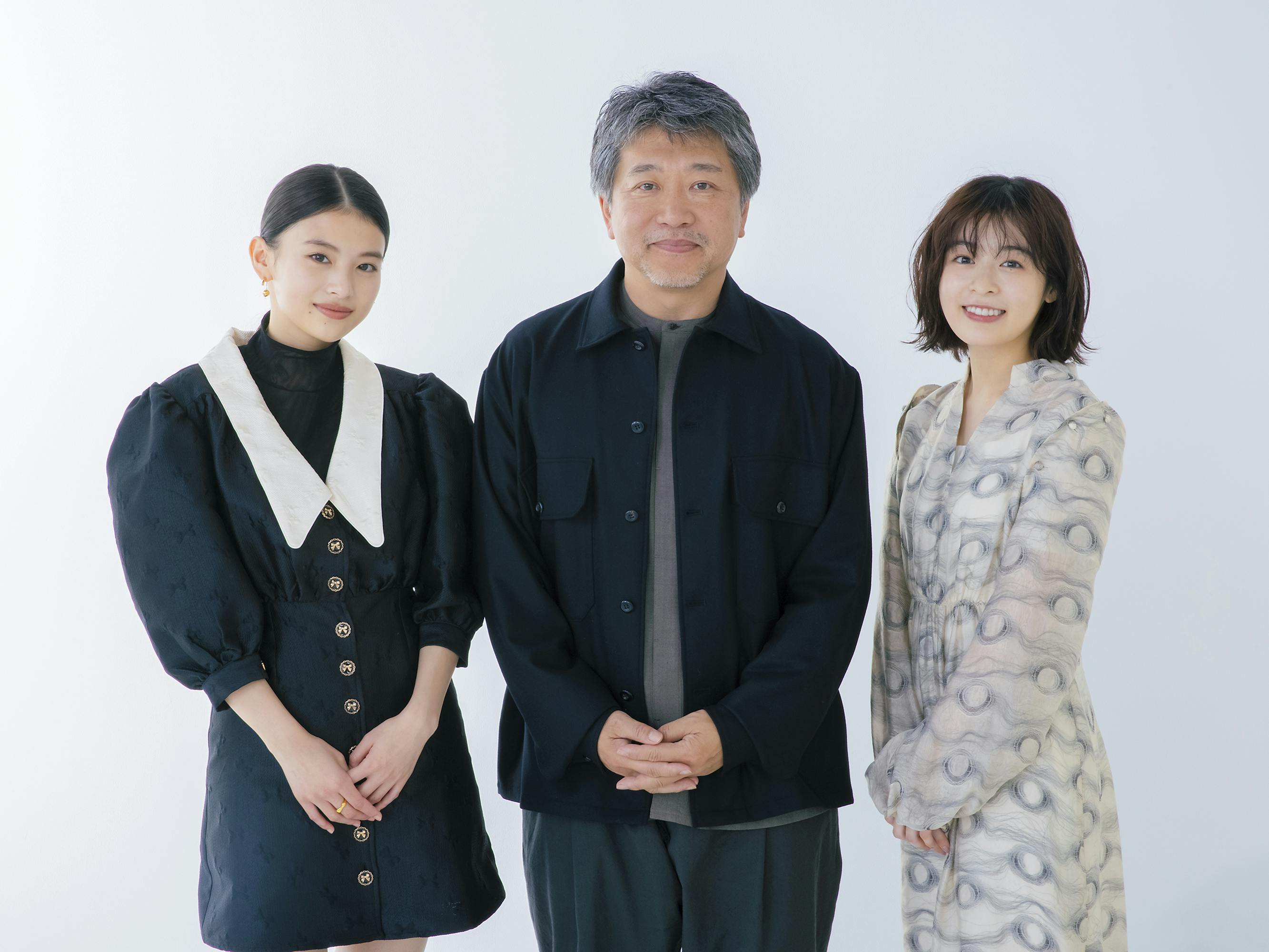
Natsuki Deguchi, Hirokazu Kore-eda, and Nana Mori
Hirokazu Kore-eda: It started when Genki Kawamura asked me if I was interested in creating an adaptation of this original manga. It was an unknown world to me. The first thing was to go to Kyoto and take a look inside a certain Yakata house. I was able to do research on the cooks working there. What I found was that it seemed very interesting. See, I grew up watching TV series such as Jikan Desuyo and Terauchi Kantarō Ikka that had characters working and living in the same place. I was attracted to dramas set in that kind of environment. When I realized I could make a story set in a Yakata in Kyoto, centered around cooking and food, I wanted to do it. From that point, I was highly motivated.
Nana Mori: I was very surprised when I got the part. I auditioned multiple times. I quickly jumped to the conclusion that I had failed. I walked home from Shibuya crying my eyes out. I thought that if I got the part, it would be like a dream come true. So I was surprised by the results. From that moment, I couldn’t wait to start shooting.
Natsuki Deguchi: For me, I went to an audition, and when they told me I got the part, I was so happy. Just so happy: only that at first. Then I read the script and the original manga. The initial happiness I was feeling turned into nervousness, and I started feeling pressure.
Mori: We both were, at first.
Deguchi: Yes.
Mori: My heart was beating fast. Every day, we were careful and meticulous about living the lives of Kiyo and Sumire. That’s what I remember. We had the support of everyone in the production. Inside the Yakata, it felt like we were all part of the creation, including Mr. Kore-eda and everyone on the crew. That time we spent there was definitely invaluable. I enjoyed it very much.
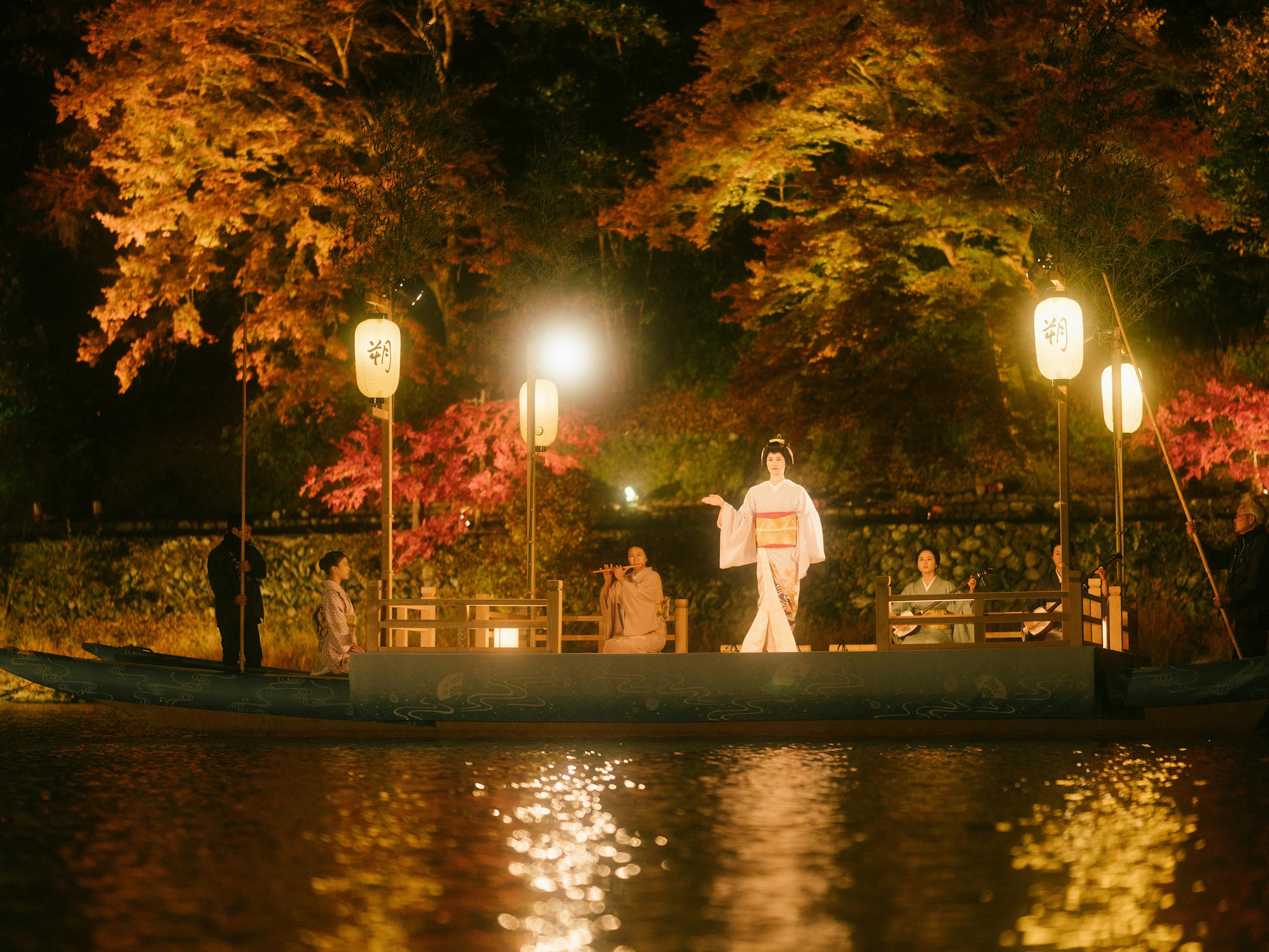
Kore-eda: I think you probably have a little Kirin Kiki in you.
Mori: Really? I’m flattered. You think so?
Kore-eda: You’re someone who can use everything in your environment to your advantage in acting your role, including other actors in the scene. You know how to use everything around you to make your performance better. It’s the most important thing for actors. But how, at your young age, are you able to do it? I don’t know. You can do it quite naturally. When spoken by you, the lines in the script don’t sound like they were written. They really are transformed into words that feel like they came from inside of you. As the screenwriter, that really made me the happiest. I heard that your acting was amazing. Now I know why people say that. I found out by working with you.
Mori: Can I have the recording of this part later?
Kore-eda: Sure.
Deguchi: I had to memorize my lines, learn the dance, and get used to the production, so I had my hands full. I tend to be shy around strangers, which has an effect. I was anxious, I was so worried I didn’t know what to do. Because of that, I was really nervous when Mr. Kore-eda was talking. It was hard to pay attention. Mr. Kore-eda, I was scared of your eyes at first. It was a scary experience.
Mori: Yes. Like he was reading our mind!
Deguchi: Yes. I was so scared that he could tell what I was thinking. It made me feel jittery. I was fine after a while, though. The production team tried hard to understand my character Sumire and understand me. Everyone was kind to me. Working with you has been an important and precious time for me.
Kore-eda: Shooting your scenes was fun. It was like, I don’t know what will happen next, in a good way. I couldn’t predict your next move. That was your charm.
She spaced out sometimes, but that’s her charm too. It was a part of why she was loved by the production team. With Deguchi herself, as an actor, and Sumire in the story, these nine episodes show how a person grows. The relationship between you two clearly changes mid-series. That includes the acting. It’s quite fascinating to watch. The performance is stiff at first but that was our aim. As the story progresses, I thought, Oh, she’s maturing. The growth of Sumire overlapped with your growth.
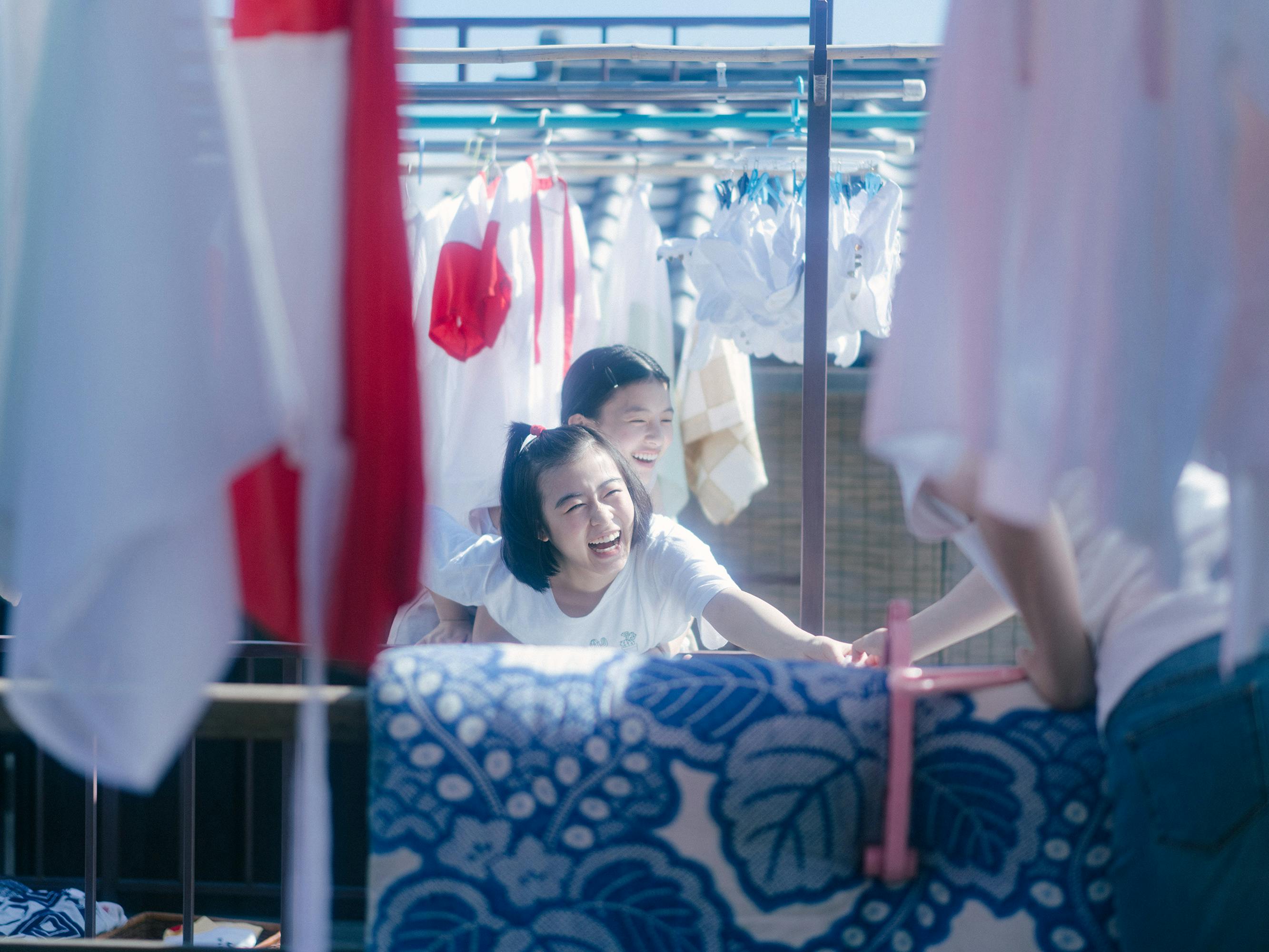
Kiyo (Nana Mori) and Sumire (Natsuki Deguchi)
Deguchi: There are lots of foods I’ve never eaten before. I was trying all the dishes prepared on set. Everything was delicious.
Mori: Yes, you would say, “the best ever!” for each one.
Deguchi: They were all the best. Among them all, the dish I remember the most was oyakodon. I’d never had it. I was blown away.
Mori: You’ve never had it?
Deguchi: No, never. The moment I ate it, I was like, “What in the world?” It was shockingly good. Since then, I started going out to eat oyakodon on my days off.
Mori: I tried a lot of the dishes, too. I was the one cooking onscreen, but I would go in the back and say, “Can I have some?”
Kore-eda: I saw you eating!
Mori: By the end, my face became chubby. Maybe I ate too much!
